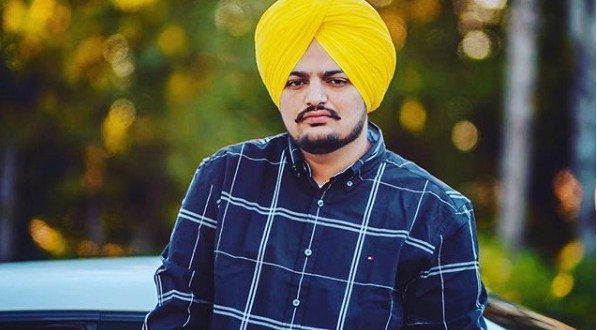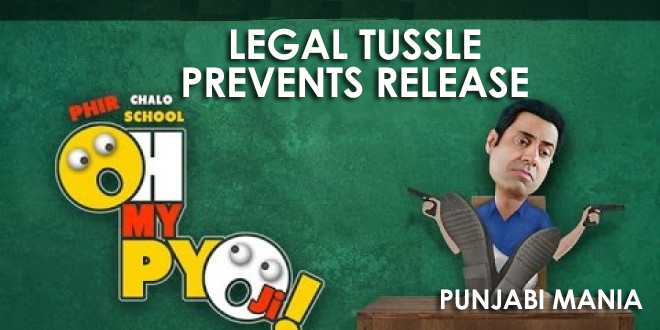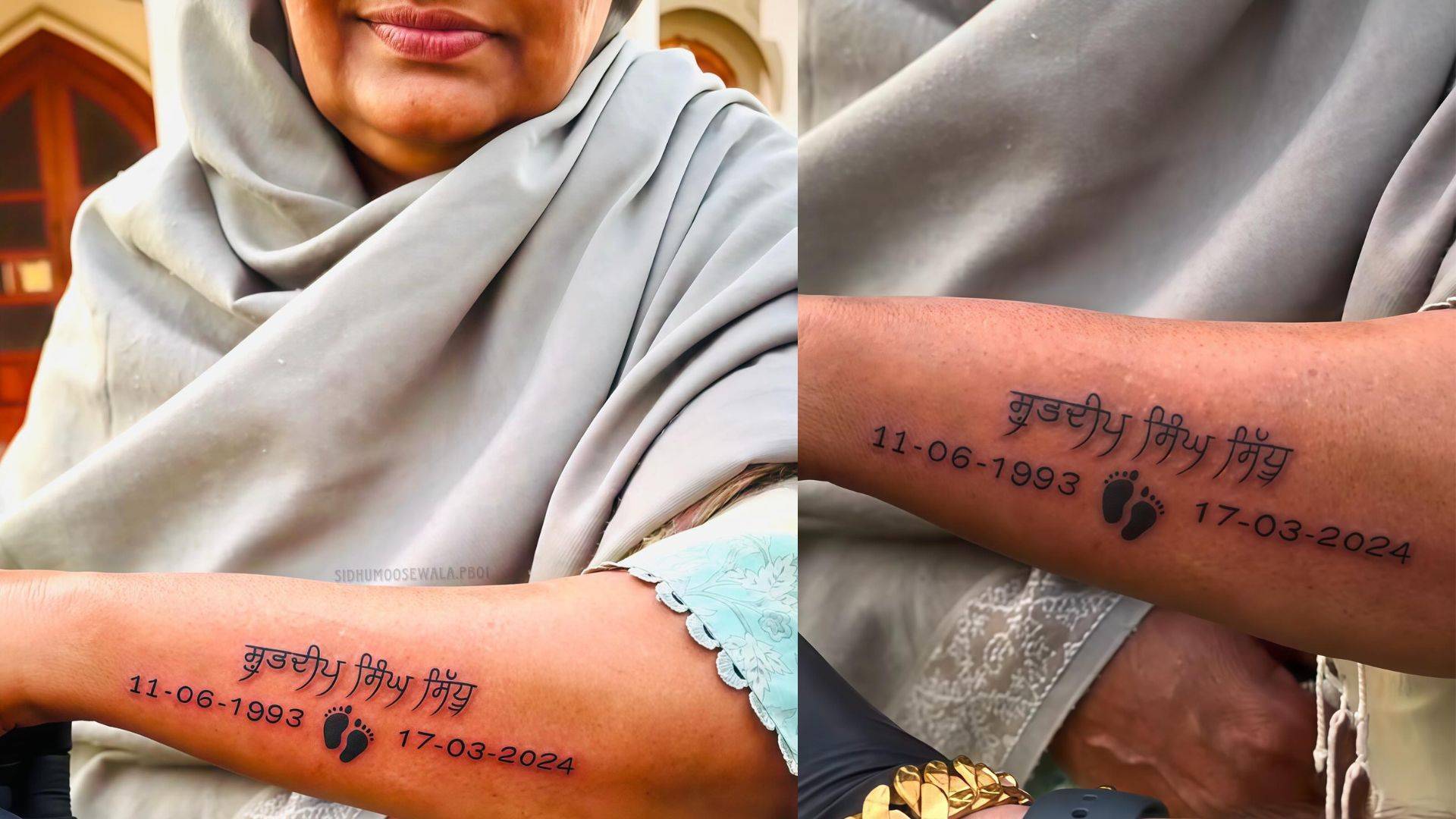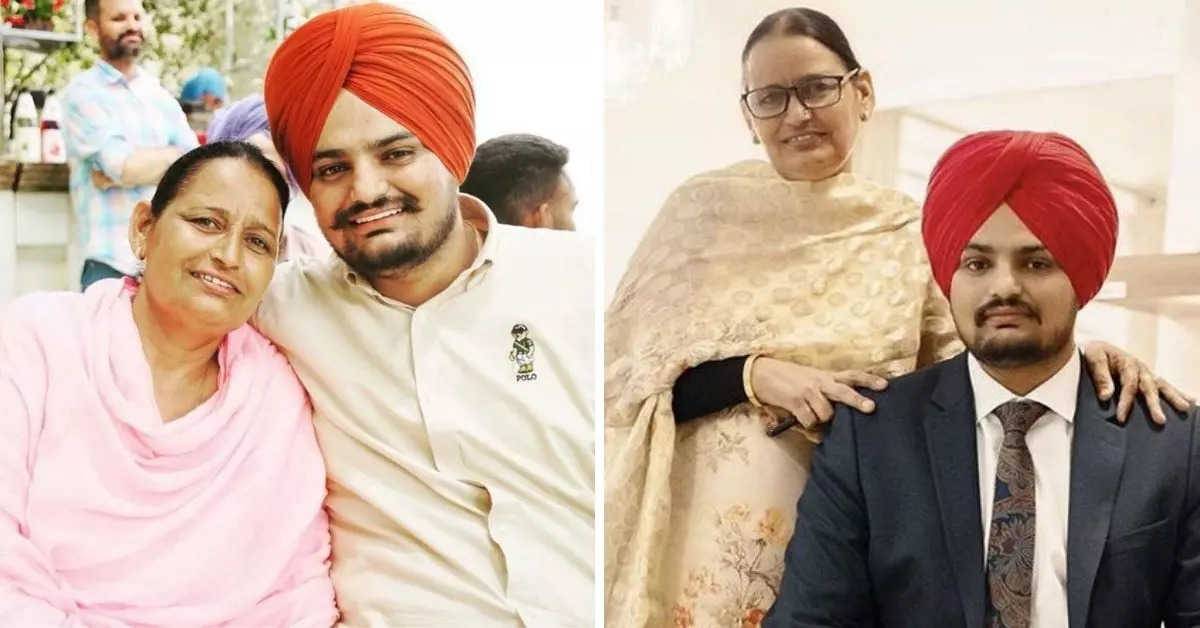The legal storm surrounding the BBC’s controversial documentary “The Killing Call” on late Punjabi rapper and singer Sidhu Moosewala escalated on Sunday, as the Mansa District Court directed the British broadcaster to submit a formal reply by June 16.
The hearing was held in response to a petition filed by Moosewala’s father, Balkaur Singh, who is seeking an immediate stay on the documentary’s distribution. The family argues that the BBC World Service released the film without their knowledge or consent, and fears that it may contain “distorted, speculative, or sensitive material” that could harm the late artist’s legacy.
A Chandigarh-based lawyer appeared on behalf of the BBC and requested additional time to review the petition and draft an official response. Granting the request, the court gave the media outlet one week to submit its position before further legal action or interim relief is considered.
“Overshadowing Our Tribute”
Speaking to the media earlier, Balkaur Singh expressed his disappointment over the timing of the documentary’s release, coinciding with Moosewala’s birth anniversary on June 11 — the very day the family had planned to honor his memory with the release of three new posthumous tracks.
“We were preparing to share a heartfelt tribute with his fans. Instead, this documentary hijacked the moment and shifted attention,” Singh said. “This is not just about legality, it’s about ethics and empathy.”
Background of the Controversy
“The Killing Call,” a two-part investigative documentary, examines Moosewala’s life, rise to stardom, and the events leading up to his assassination on May 29, 2022, in Mansa’s Jawahar Ke village. The film features interviews with police officials, journalists, and associates of Moosewala — including an audio clip of gangster Goldy Brar, who has claimed responsibility for the murder.
The BBC initially intended to premiere the documentary in a Mumbai cinema but released it on YouTube following public backlash and legal challenges.
The Mansa court will now resume the matter on June 16, when the BBC’s reply will be reviewed. Depending on the outcome, the court may consider interim measures such as a takedown order or further hearings to determine whether the documentary violates any rights or legal norms.





